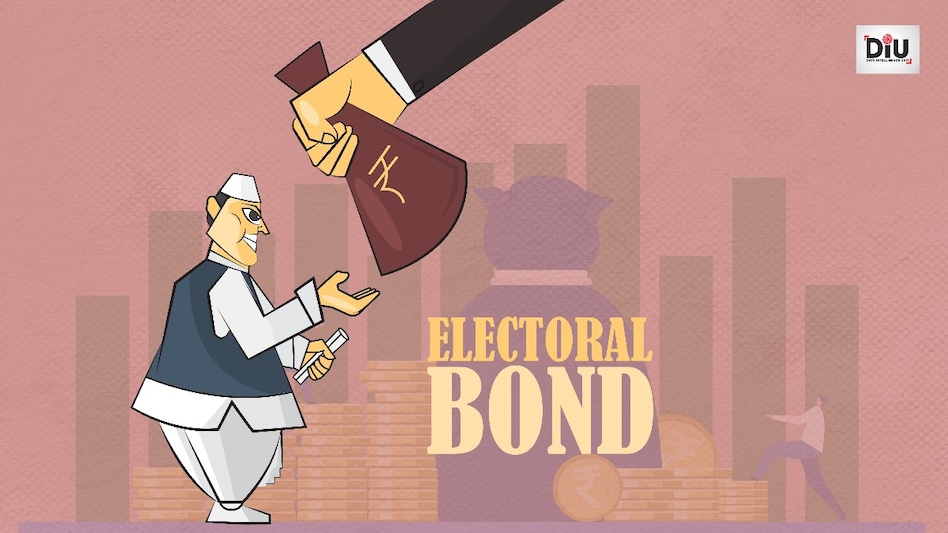The public sector lender was responding to RTI activist Commodore (retired) Lokesh Batra, who sought complete disclosure on electoral bonds data in the digital form, as provided to the poll body after the top court’s order.
On this, Batra said that it was “bizarre” he was denied the information that is already available on the official EC website.
The State Bank of India (SBI) on Thursday refused to disclose the details of electoral bonds it furnished before the Election Commission of India (ECI), citing the Right to Information (RTI) Act. SBI said that the information is personal in nature and is held in a fiduciary capacity even though records are available on the Election Commission’s website.
Calling electoral bonds scheme of political funding “unconstitutional and manifestly arbitrary”, the Supreme Court directed the SBI on February 15 to furnish the complete details of the bonds purchased since April 12, 2019 to the EC, which would publish the information on its website by March 13.
On March 11, the court dismissed the SBI’s petition seeking an extension of the deadline and ordered it to disclose the details of the electoral bonds to the EC by the close of business hours on March 12.
“Information sought by you is containing details of purchasers and political parties and hence, cannot be disclosed as it is held in fiduciary capacity disclosure of which is exempted under sections 8(1)(e) and (j) of the RTI Act,” SBI response accessed by news agency PTI read.
Section 8(1)(e) is related to records held in a fiduciary capacity and section 8(1)(j) allows withholding of personal information. The public sector lender was responding to RTI activist Commodore (retired) Lokesh Batra, who sought complete disclosure on electoral bonds data in the digital form, as provided to the poll body after the top court’s order.
On this, Batra told PTI that it was “bizarre” he was denied the information that is already available on the official EC website. The poll body published the data given by SBI on its website on March 14, with details of donors and political parties that redeemed the bonds.
Furthermore, Batra also wanted information on the fees paid to senior advocate Harish Salve by the SBI to defend itself in the electoral bonds matter in the top court. On question of Salve’s fee, he said that the public sector lender has denied information which involves the use of taxpayer money.
On March 15, the apex court pulled up the SBI for not furnishing the complete information by withholding the numbers unique to each electoral bond that would help match the donors with the recipient political parties, saying the bank was “duty-bound” to reveal the information.
A five-judge bench headed by Chief Justice D Y Chandrachud said it had directed the disclosure of all the details of the bonds, including the names of the purchasers, amounts and dates of purchase.
The SBI had said a total of 22,217 electoral bonds of varying denominations were purchased by the donors between April 1, 2019 and February 15 this year, of which 22,030 were redeemed by political parties.










